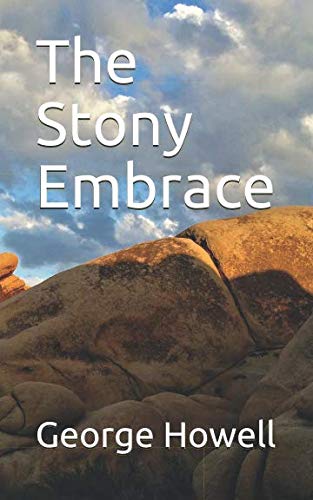I don’t know about you, but I am tired this week! Not tired
of writing this blog, not tired of writing at all, just T-I-R-E-D!!!
A great thing happened this week though – our son Owen is
home from college for about a month. And he loves to cook. Instead of thinking
about the one very bad poem I’ve written, and whether it can be saved, I’ve
been thinking about what he made for dinner last night and how delicious it
was.
You know baking is like writing a poem in form. You have to
be a chemist when measuring accurately, just as you have to stay true to a form
(someday I’ll tell you about the time I used a half POUND of butter when making
cookies, instead of a half CUP). Cooking however…Owen isn’t just the free verse
of cooking, he’s the thesaurus! He couldn’t find lemons at the store so he got
a blood orange instead. I would never think of that, and I cannot WAIT till
lunch because I know we have leftovers.
 |
| Kate Braverman |
Many years ago, a fiction-writing friend of mine and I took
a weekend extension class taught by Kate Braverman. We had previously seen her
on a panel at the LA Times Festival of Books. One of the cool things she talked
about was writing poetry like a recipe. Start the title “How to” and then be as
literal as you want.
You can “list” all the ingredients in the beginning lines of
the poem and then explain how they all fit together in subsequent stanzas, or
do anything you want. I really liked the idea, and the “permission” to do
something different. Between Owen and Kate Braverman, I have a cookbook full of
things to try.
How to Travel Forever
Have conversations with people you
see
and those you imagine. Position yourself
so the light bounces off the man’s
glasses
and opens worlds back to you. Wear clothes
that make everyone you pass shadow
you,
hours later they’re still
whispering about them.
When you appear in a dream you have
tallied
the signposts, traveled far. Eat cinnamon,
it will ooze from your skin like
cookies.
Worry the Metro ticket in your
palm. In
your pocket. Remember how you came up
the steps into the light, stood at
a bar
and had coffee, the branches
outside
stirring a soft orchestration upon
your face.
Listen to old music, touch his
hand.
The sum of you greater than each of
you
unmatched, expand into the sky.
(formerly published in Bacopa)
I only have about
five “recipe poems”. I like them all. They’ve all been published. I forgot I
had this arrow in my quiver until I started thinking about last night’s dinner.
Thank you Owen.
It is good to have
something to fall back on when you’re kind of “stuck”. I started writing my “Landlady”
poems on purpose. I wanted to write a series on landladies. If that hadn’t been
a conscious effort, whenever I had nothing to write, I could have written a
landlady poem. If you have a copy of my book “Slices of Alice & Other
Character Studies”, you’ll see the entire series of landlady poems, all in the
same place.
One subject I write
about often is “The Man”. He’s not always the same person. Sometimes he’s a
real person, sometimes not. They’re fun to write because since he’s made up, I
can give him all sorts of characteristics. He can be anything. He can do
anything.
“The Man” turns up
from book to book. Because he’s not a series per se, I write him whenever I
feel like it. Lately I’ve been writing poems about “The Blind Woman”. I love
the idea of her reading her lover’s face with her fingertips, or remembering a
color. Again, she is not a series, not like the landladies or the twenty-one
page Slices of Alice. She is a person I write about sometimes. And she will
follow me from book to book as well.
Think about your
body of work. Does every single poem stand alone? Do you ever wish you had
written it differently? Or added more to it? What about writing a “Part Two” of
that poem? And then a “Part Three”? Before you know it, you will either have a
series that you can publish all together, or a subject you can write about when
you feel like it.
Like the idea of the
“recipes”, anything you have in your arsenal, that will give you something to
write about when nothing new is coming, is a good thing. Anything that “gives
you permission” to touch back on work you love, to make new work you love, is
also a good thing.
Give yourself
permission. Now go write!!
- - - -
Tobi Alfier's most recent collection of poetry is Slices Of Alice. She is also co-editor with Jeff Alfier of the San Pedro River Review. Don't miss Tobi's columns on the craft of poetry: insert your email address in the "Follow By Email" box to the right of this article and you'll be notified every time a new article appears.






















